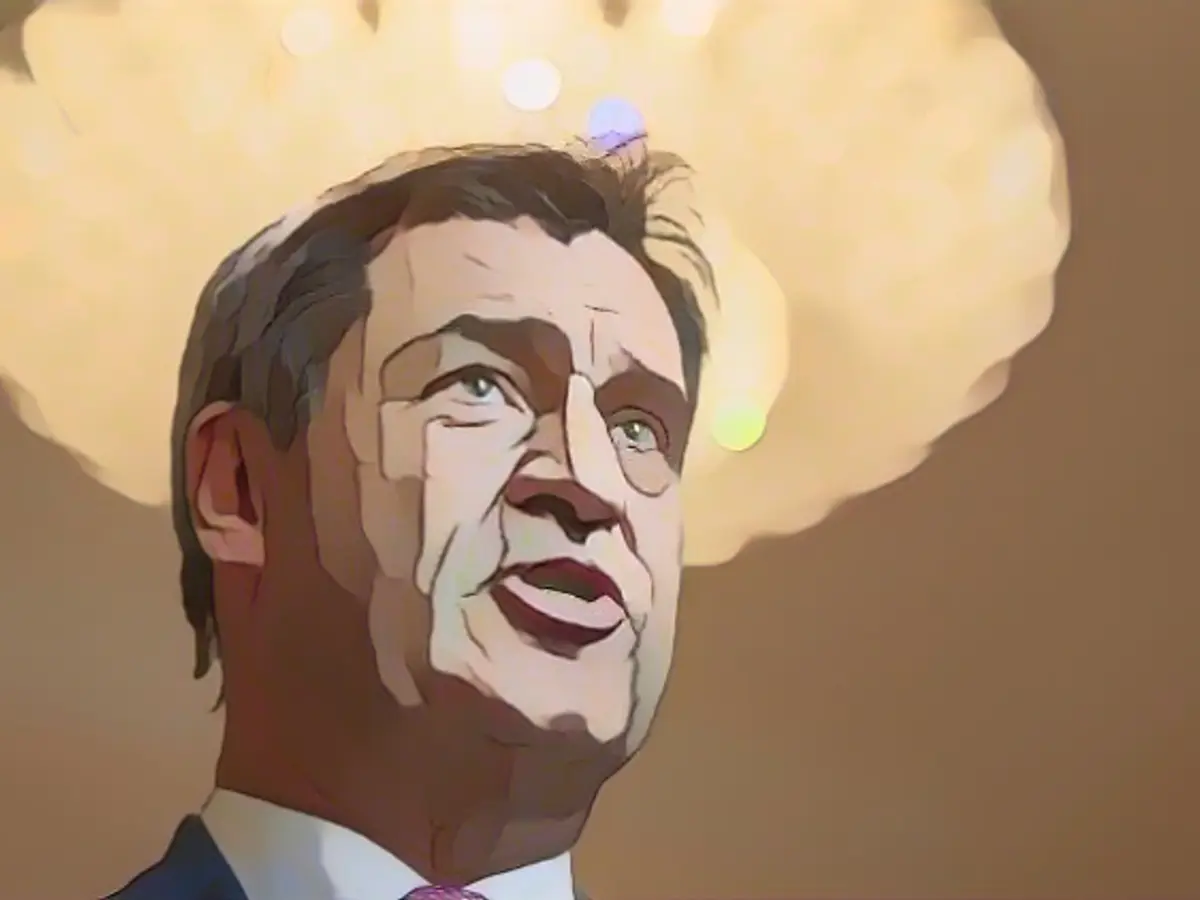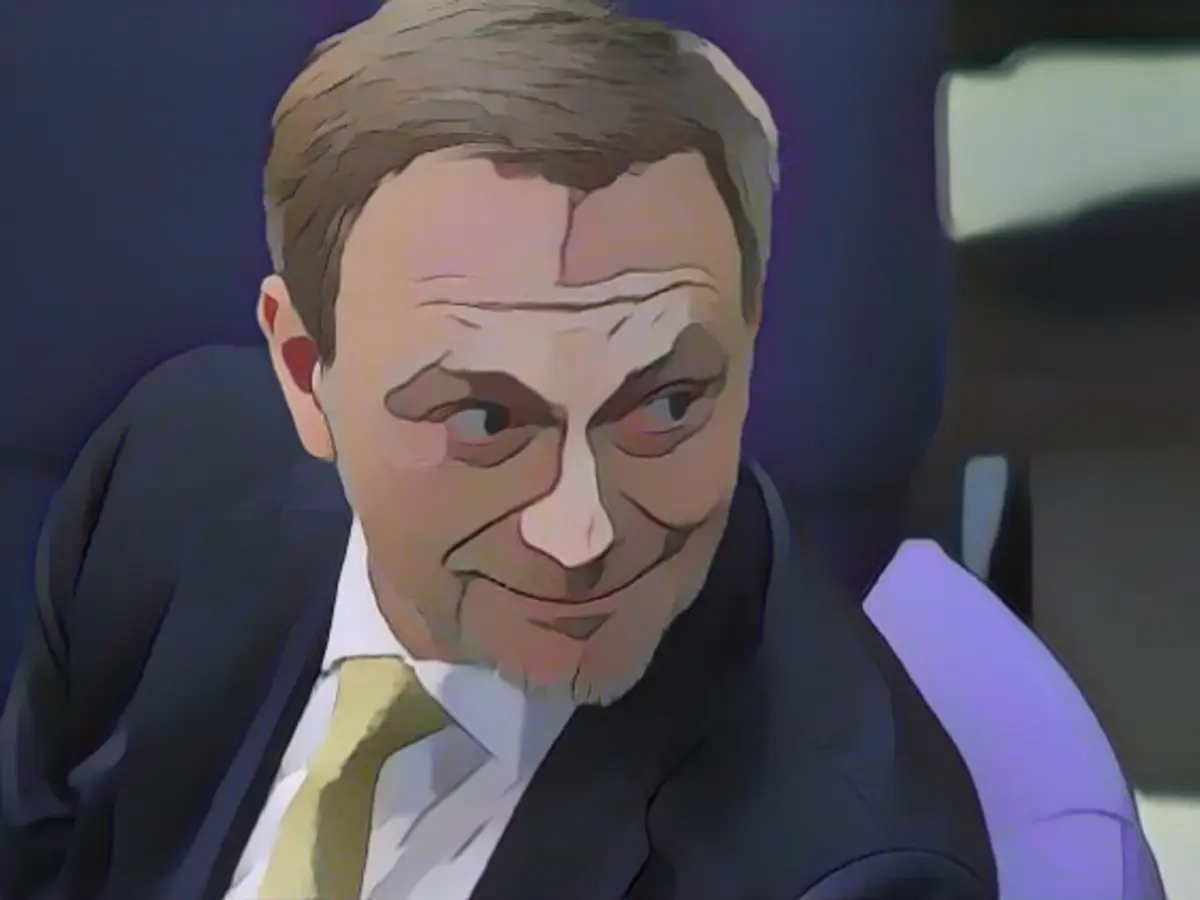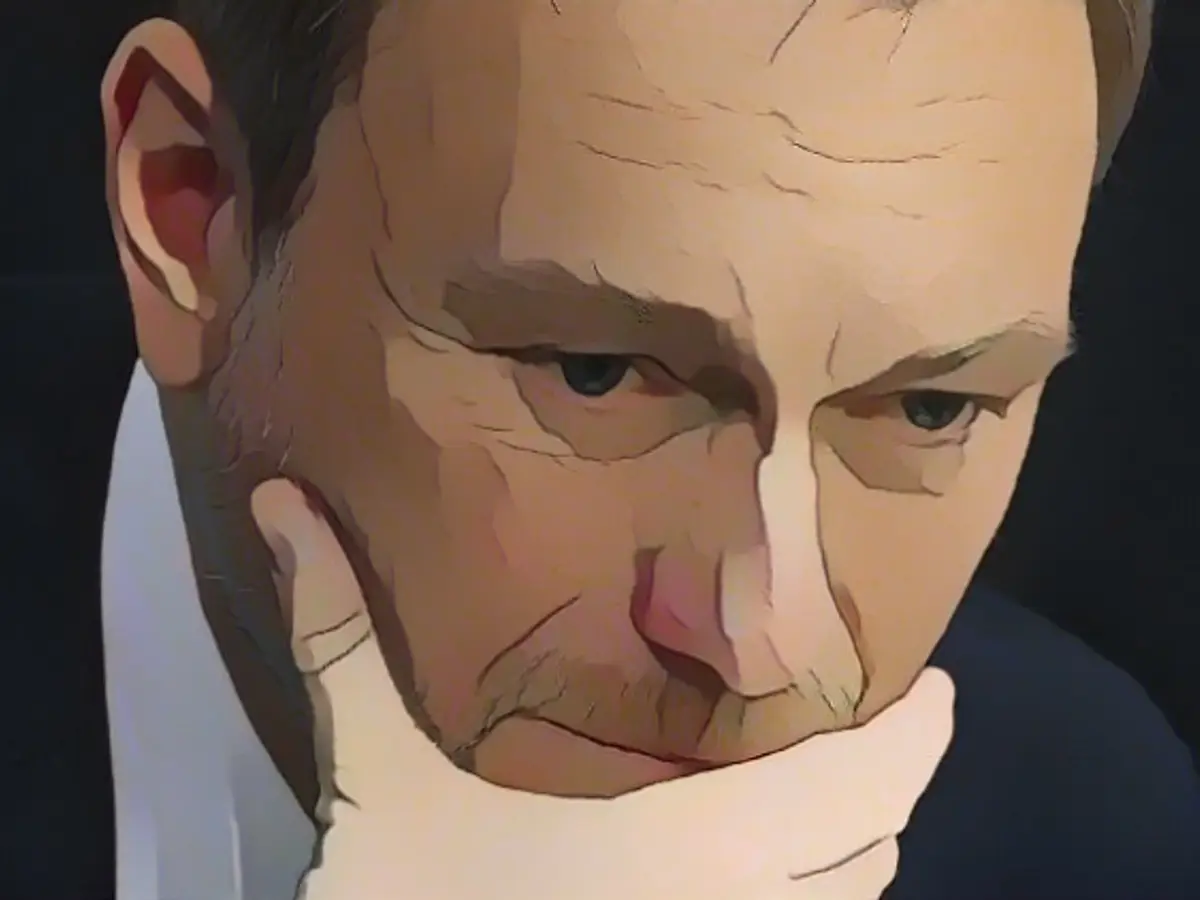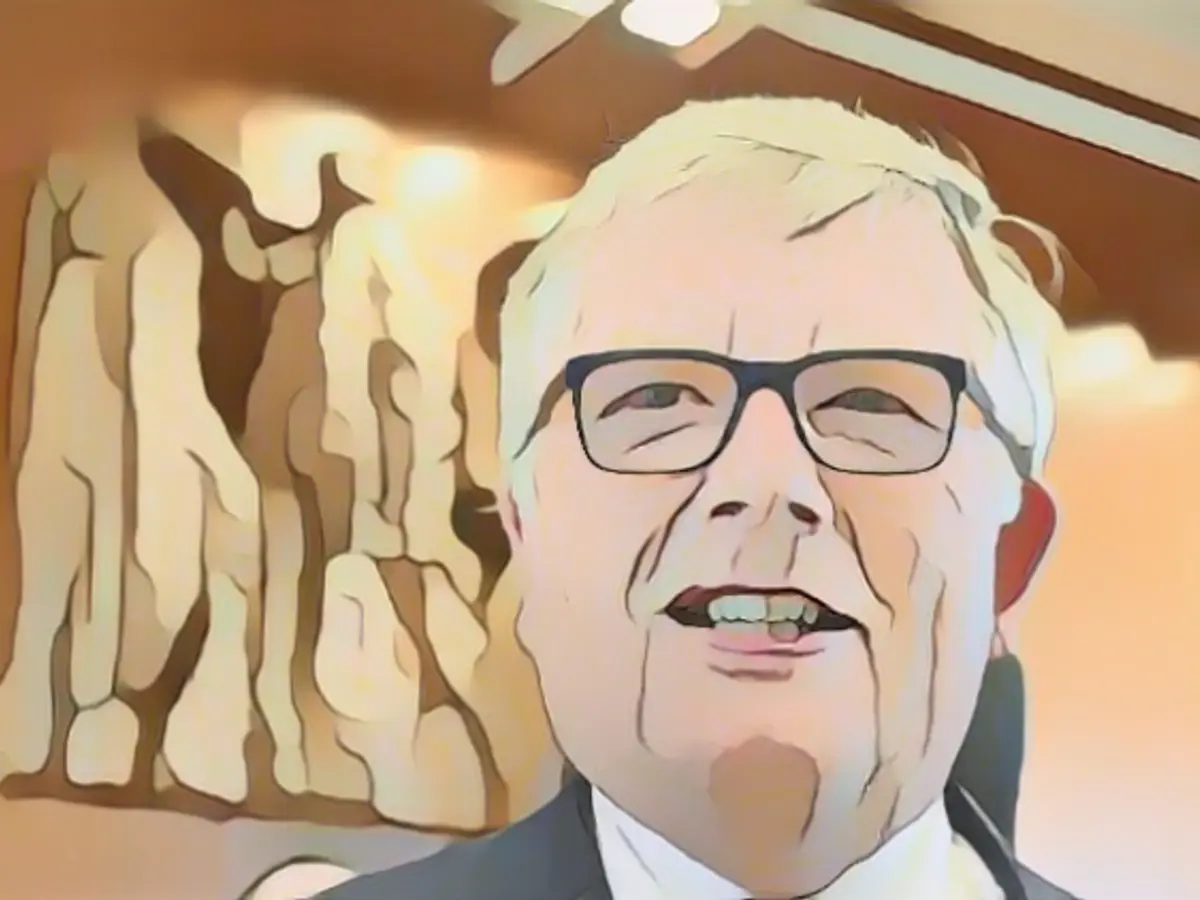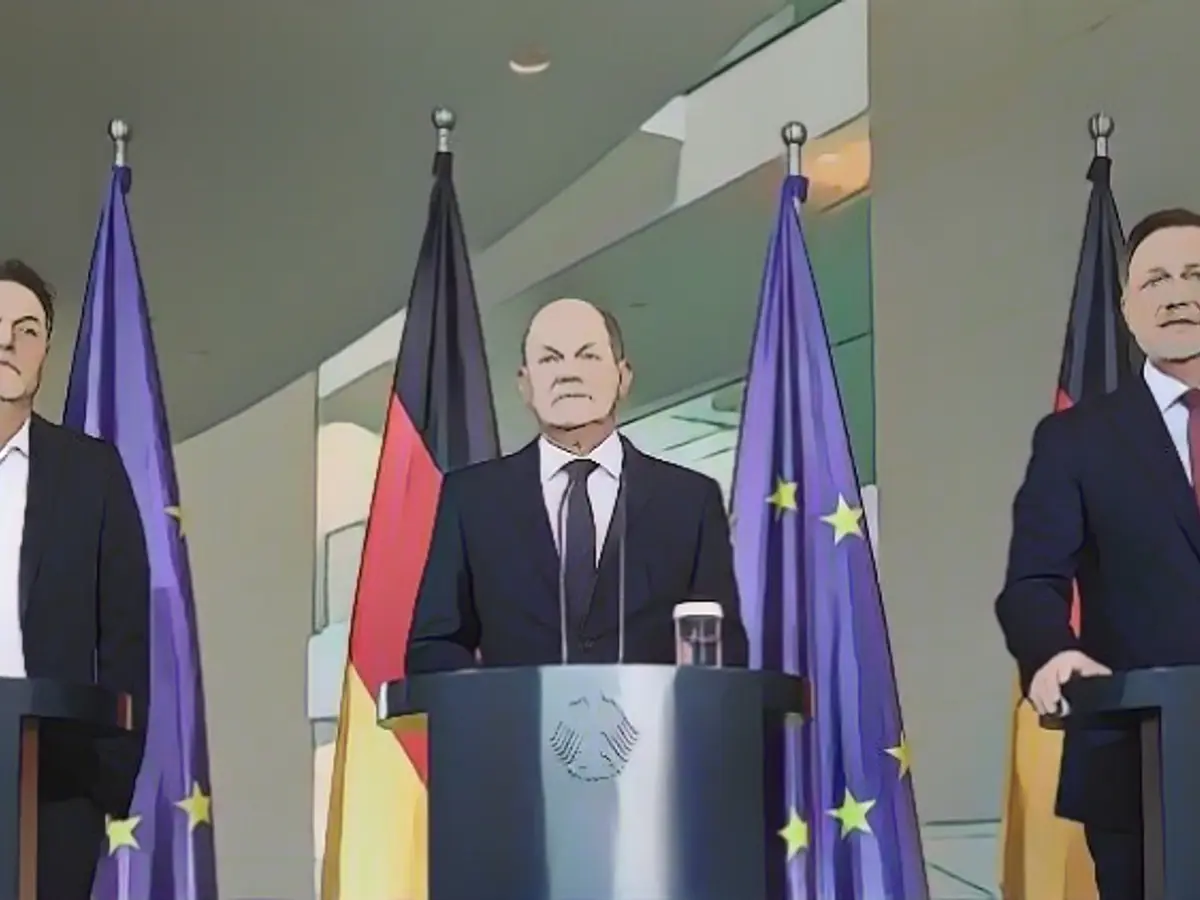We're in a bit of a pickle, mate.
The federal budget crisis in Germany has escalated, causing the budget negotiations scheduled for the Bundestag to be put on hold. Bavaria's Minister President, Söder, is downright concerned. According to him, the country is in a serious national crisis. The ruling by the Federal Constitutional Court and the freezing of two "special funds" have left the government grappling with how to cut expenses in the forthcoming years. Discussions around softening or suspending the debt brake are in the air. The FDP's coalition partner is weighing in on whether they should remain in the federal government, and many experts believe the traffic light coalition could disintegrate.
Söder pinpoints two main problems. First, he believes a government is effectively incapable of acting due to its own actions following the Federal Constitutional Court's ruling. Second, he maintains there's no viable economic strategy or plan to strengthen Small and Medium-sized Enterprises (SMEs) in Germany, leading to deep uncertainty. "Things aren't looking great in Germany at present," he says, referring to the government's inactivity and the woes of their favorite soccer team.
He's intrigued by the government's response now, but Söder is disappointed in the lack of strategic direction. "I strongly advise the Federal Chancellor to finally make a government statement," he stresses, suggesting the government must set emergency savings targets or present a plan to address the situation.
Where Söder suggests saving
His ideas for budget cuts include holding off on increasing the citizen's allowance, scrapping the heating law, and halting the implementation of the basic child benefit. However, Robin Alexander from Die Welt argues that these measures are currently irrelevant, as the increases aren't due to take effect until 2025.
Söder voices his worry, believing that if the government does not act promptly, they'll only serve to strengthen the AFD further. However, he is not an advocate for calling new elections amid the current crisis. He previously suggested Scholz dismiss his current coalition partners, but the proposal was rejected.
Söder's stance on refugees
Regarding the refugee crisis, it remains unclear if the current budget crisis will impact the states' support in managing the issue. Nevertheless, Söder sees potential savings opportunities. His proposed solution: amend the basic asylum law, making it more suitable for the current situation. He envisions regulations similar to Denmark's, where the Social Democrats have successfully turned back more asylum seekers. He also supports abolishing pull factors and implementing border controls. "These are significant issues that need to be tackled," says Söder.
Söder expresses his concerns during an interview with Markus Lanz, indicating that the Federal Constitutional Court's ruling has left the government incapable of acting effectively and without an economic plan. In the budget negotiations, Söder proposes potential savings measures such as not increasing the citizen's allowance, scrapping the heating law, and halting the implementation of the basic child benefit.
Source:
Enrichment Insights: Söder, representing the CSU, calls for the federal government to take full responsibility for funding the Deutschlandticket, threatening to scrap the scheme if their demands are not met. The CSU and CDU's stance emphasizes fiscal responsibility and suggests austerity measures if the federal government does not fully fund the Deutschlandticket. If the ticket is scrapped, alternative solutions or policies may be considered, as hinted at by CDU/CSU politician Ulrich Lange.
